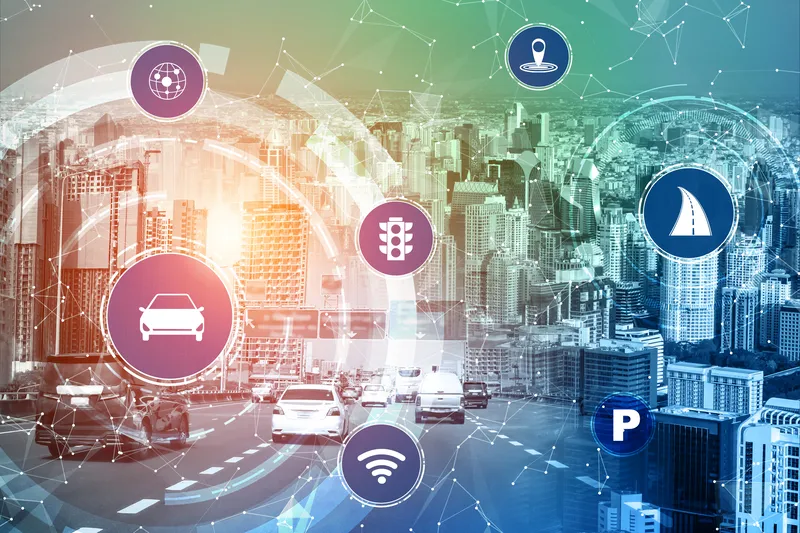The Nissan Signal Shield is a prototype compartment within the arm rest of a Nissan Juke that is lined with a Faraday cage, an invention dating back to the 1830s, consisting of an enclosure made of a conductive material, such as wire mesh, which blocks electromagnetic fields.
Once a mobile device is placed in the compartment and the lid closed, the Nissan Signal Shield creates a silent zone, blocking all incoming and outgoing cellular,
The concept is designed to give drivers a choice about whether to eliminate the distractions caused by text messages, social media notifications and app alerts. Drivers can still listen to music or podcasts stored on their smartphone by connecting to the car’s entertainment system via the USB or auxiliary ports.
Nissan uses 180 year-old invention to tackle smartphone distraction behind the wheel
Nissan GB has adopted a technology that’s almost 200 years old to create a concept solution for reducing the growing problem of smartphone distraction at the wheel. The Nissan Signal Shield is a prototype compartment within the arm rest of a Nissan Juke that is lined with a Faraday cage, an invention dating back to the 1830s, consisting of an enclosure made of a conductive material, such as wire mesh, which blocks electromagnetic fields. Once a mobile device is placed in the compartment and the lid closed,
May 4, 2017
Read time: 2 mins









